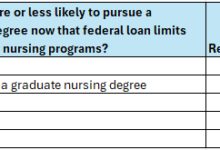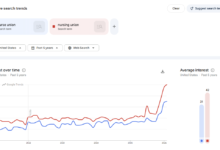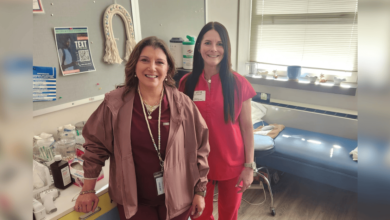NICE backs ‘game changing’ hybrid closed-loop systems for type 1 diabetes

Advanced technology that combines HbA1c monitoring with insulin pumps has been recommended for patients with type 1 diabetes by the National Institute for Health and Care Excellence (NICE).
Thousands of people with type 1 diabetes could now be offered wearable technology to help them manage their condition, following the publication of final draft guidance by NICE.
“It is as close to the holy grail of a fully automated system as science can provide at the moment”
Partha Kar
An announcement about the recommendations was made today at NICE’s annual conference in Manchester by NICE chief executive Dr Sam Roberts.
It has recommended that those whose diabetes is not controlled with their current device be offered a hybrid closed-loop system, which are sometimes referred to as an ‘artificial pancreas’.
Hybrid closed-loop systems comprise a continuous glucose monitor sensor attached to the body, which transmits data to a body-worn insulin pump.
It then calculates how much insulin needs to be automatically delivered into the body to keep blood glucose levels within a healthy range, noted NICE.
NICE highlighted that people can use these systems to continue normal activities without the need for regular finger prick testing or injecting themselves with insulin to control their blood sugar levels.
Clinical trial and real-world evidence show that hybrid closed-loop systems are more effective than standard care at maintaining blood glucose levels within a healthy range, said NICE.
It added that evidence suggested that the systems appeared to be more effective for people with higher long-term average blood glucose levels.
NICE has agreed with NHS England that all children and young people, pregnant women and women planning a pregnancy, plus those who already have an insulin pump, will be first in line for the technology, as part of a five-year roll-out plan.
The technology will also be issued to those adults with an average HbA1c reading of 7.5% or more. NICE noted that its guidelines recommend people should aim for an HbA1c level of 6.5% or lower.
In addition, adults who suffer disabling hypoglycaemia, defined as an abnormally low level of glucose the blood, despite best possible management will also be offered the technology.
According to the National Diabetes Audit 2021-22 for England and Wales, there are 270,935 people in England and 16,090 people in Wales living with type 1 diabetes.
NICE chief medical officer Professor Jonathan Benger said it was important to focus on ensuring that best-value-for-money technologies were available to healthcare professionals and patients.
“Using hybrid closed loop systems will be a game changer for people with type 1 diabetes,” he said. “This technology will improve the health and wellbeing of patients and save the NHS money.”
He highlighted that, by ensuring blood glucose levels were within the recommended range, patients were less likely to have complications such as disabling hypoglycaemia, strokes and heart attacks.
England’s integrated care boards, which are overseen by NHS England on a regional basis, would usually implement NICE recommendations within 90 days of the publication of final guidance.
However, with the need for trusts to employ extra staff to complete the roll out – alongside specialist training for both patients and staff – NICE has accepted a request from NHS England that will see the technology rolled out over a five-year period.
“Using hybrid closed loop systems will be a game changer for people with type 1 diabetes”
Jonathan Benger
The Welsh government has indicated that it will also roll out the technology over the next five years, noted the institute.
Consultees and commentators can appeal the NICE committee’s decision during the next two weeks. Final guidance is expected to publish in December 2023.
Professor Partha Kar, NHS national speciality advisor for diabetes, said: “This is amazing news for people living with type 1 diabetes and this announcement can be made possible thanks to the hard work of the NHS, once again trialling and testing the best and latest innovations for the benefit of our patients.
“It is as close to the holy grail of a fully automated system as science can provide at the moment, where people with type 1 diabetes can get on with their lives without worrying about glucose levels or medication”.
Colette Marshall, chief executive of Diabetes UK, said: “Hybrid closed-loop technology has the potential to transform the lives of many people with type 1 diabetes.
“It is exciting to be in a position where these life-changing systems are being rolled out on the NHS in England and Wales,” she said.
“However, funding to rollout this technology to the people that need it is of paramount importance and we re-iterate the campaign call we made last month for government and the NHS to agree this.”






